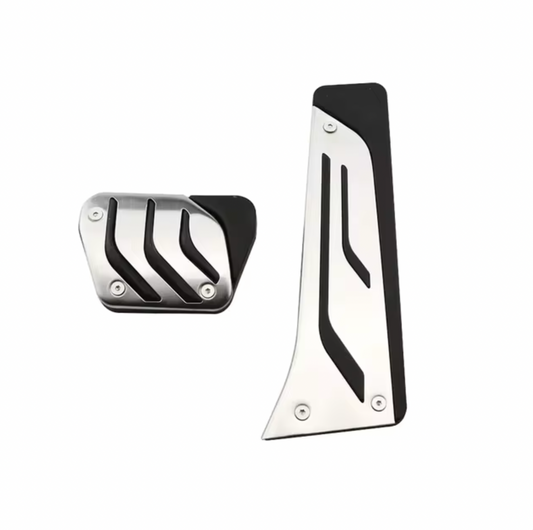BMW Engine Review and Diagnosis: The Key to Longevity and Optimal Performance
For BMW enthusiasts, keeping the engine in perfect condition is essential. Whether you drive a BMW 3 Series , BMW X5 or any other model, engine inspection and diagnosis are critical steps to ensure the longevity and optimal performance of your car.
Why is an Engine Check Important?
Periodic inspection of your BMW's engine is essential to prevent major problems. Minor problems that go unnoticed can turn into costly repairs if not addressed in time. A well-maintained engine not only extends the life of the vehicle, but also ensures that it runs more efficiently and consumes less fuel.
Key Steps in an Engine Overhaul
During a BMW engine overhaul, several key steps must be followed:
- Oil Level Check: Make sure the oil is at the correct level and change it regularly to keep the engine properly lubricated.
- Filter Inspection: Air and fuel filters must be clean to ensure optimal engine performance.
- Checking the Spark Plugs: The spark plugs should be checked and replaced if they are worn to avoid ignition problems.
- Electronic Diagnostics: Use advanced diagnostic tools to identify any electronic problems or faulty sensors.
Engine Diagnosis: Tools and Techniques
Engine diagnosis is a more advanced process that requires specialized tools and technical knowledge. Some of the common techniques used in BMW engine diagnosis include:
OBD-II Scan
OBD-II (On-Board Diagnostics) scanning is an essential tool for identifying engine-related error codes. These codes may indicate specific problems that need immediate attention.
Compression Tests
Compression tests help determine the health of engine cylinders. Low compression may be indicative of internal wear or valve problems.
Fluid Analysis
Analysis of fluids, such as engine oil, can reveal valuable information about the internal condition of the engine, including the presence of contaminants or excessive wear.
When to Perform an Engine Check and Diagnosis?
To keep your BMW in the best condition, it is recommended to perform an engine check and diagnosis at least once a year, or every 10,000 to 15,000 kilometers. Additionally, it's always a good idea to get a check done before a long trip or after a long period of inactivity.
Tips for BMW Engine Maintenance
- Use High Quality Oils and Lubricants: Always opt for products recommended by BMW to ensure the best performance and protection of the engine.
- Maintain a Maintenance Log: Keep a detailed record of all inspections and repairs to make it easy to track any recurring problems.
- Drive Responsibly: Avoid sudden acceleration and braking that can put additional stress on the engine.
In our online store , you will find a wide range of BMW spare parts and accessories to keep your car in optimal condition. From air filters to diagnostic tools, we have everything you need.
Conclusion
BMW engine inspection and diagnosis are essential to ensure the performance and longevity of your vehicle. By following a regular maintenance routine and using high-quality parts, you can enjoy your BMW for many years. Don't underestimate the importance of these practices; A little preventative care can save you a lot of time and money in the future.













